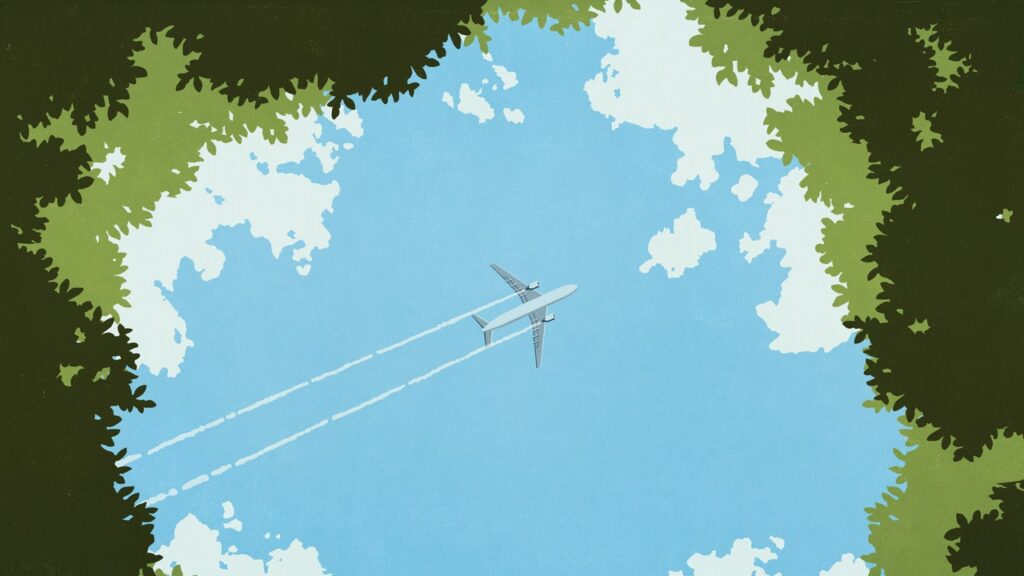Tragedies come faster than we can keep up with these days—war and famine, earthquakes and hurricanes, floods and droughts. It seems that the unthinkable occurs everywhere, while people are going about their everyday lives. Nobody will ever be the exact same.
Why is it that an air crash feels different? Why does it feel different to me personally? Air India, a flight from India to London, my current home, is the reason. It’s because it crashed into a medical school? It’s because the one survivor miraculously left the plane via the emergency exit as if selected by God. Are the images and videos of the crying mothers and broken men that flood Instagram the same as mine? Do they use the same language and have the exact skin tone I do?
It is a tragedy that we cannot escape because it was someone else who suffered, not us. They didn’t deserve it, we didn’t deserve to be spared. It’s not the same.
You are suspended in time when you fly. Drinking orange juice, watching movies, reading books, or applying lip balm—however ordinary the action, whatever you do takes on a surreal feeling. The fact that you are doing it at thousands of feet in the air, surrounded with clouds, and defying gravity, gives off a surreal feeling.
You wonder what you will leave behind or what you are going to do. You wonder how it will all work with you—or without you. To fly means to act, to move forward with purpose. This is acknowledging a different world. The possibilities are endless. To dream of flying is to fly.
The stories are so powerful because they show how dreams can become reality. The sweet girls who visited their grandmother for her birthday, the husband who brought his family to live with them. Dreams inside dreams can be shattered within seconds.
It is time to remember that flying is more than a fantasy, it is an incredible privilege. The ability to fly is dependent not only on technology and human skill but also the kindness of the universe and fate. With flying comes responsibility.
How many times have we listened to safety briefings from flight attendants while our phones were on? How about the people who rush to get off before we have come to a full stop? How many times did we yank off our seatbelts the moment we could or grumble when we were asked to put away our blankets before landing, and straighten out our TV screens? How often have we seen people treat flight attendants rudely, rather than giving them the respect and dignity they deserve? They are highly-trained professionals who’s primary responsibility is to ensure our safety. Not making a cup or masala tea at 35,000 feet.
We will know eventually what caused this terrible tragedy. But whatever the series of events that led to it, we should all consider this a turning-point in our flying. Safety is an irrefutable priority—the only thing that really matters. Let’s not lose sight of this as the years pass.
When we lose an aircraft, we lose our faith that the world will function as it should and that life will unfold as we have imagined. The truth is that we are no longer able to believe the fairytales we tell ourselves, or the life lessons that we teach ourselves. We have to face the harsh reality that contradicts all the things we say about our lives and how they will turn out.
When we lose our plane, we have to face the fact that there may not be a divine plan or a method behind the madness. We lose our faith in ourselves and any comfort we may have felt. When we lose a plane, we realize that losing everything is possible in an instant. We can only pray for the people who are now living this reality.
The original version of this article appeared in Condé Nast Traveller UK.


